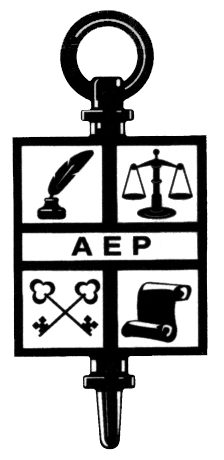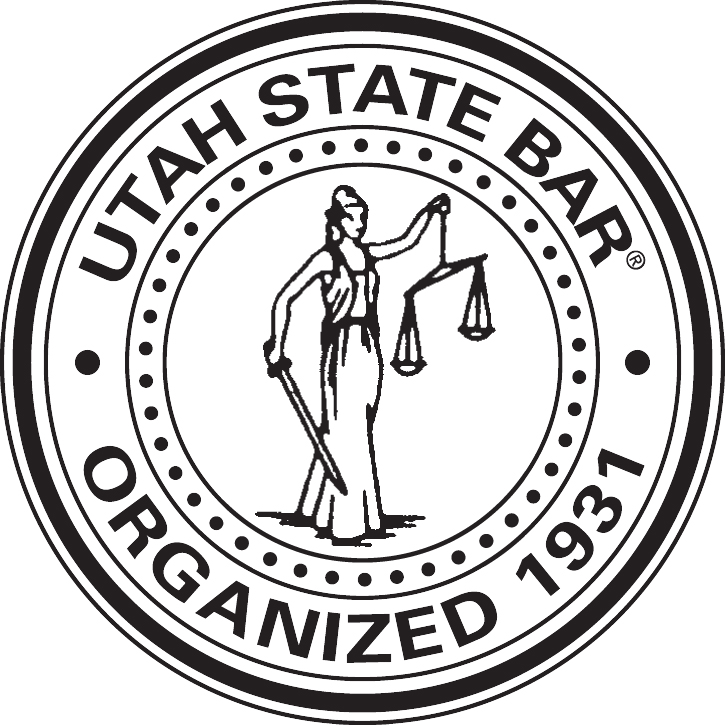
Estate and Trust Administration
Trust Adminstration
When a loved one dies and they have a trust, the trustee will need to undertake trust administration. We assist with this trust administration. Certain legal requirements and deadlines must be met when administrating a trust. These requirements and deadlines can differ depending on the terms of the trust, the state law governing the trust, the age of the beneficiaries and the assets in the trust. All trustees should read and become familiar with the trust document. Unless otherwise specified in a trust, requirements may include:
1. Determine the assets contained in the trust and protect such assets
2. Notify trust beneficiaries of the new Trustee’s name, address and telephone number.
3. Obtain a Tax ID number for the trust
4. Open a bank account for the trust
5. Notify banks and financial institutions of the death and of the new successor trustee
6. File a trust income tax return for as long as the trust is open
7. Determine if an estate tax is due and file appropriate returns
8. Pay certain debts and expenses of the trust grantor
9. Obtain asset valuations
10. Pay ongoing expenses of trust administration such as legal and CPA expenses
11. Keep the qualified beneficiaries of the trust reasonably informed about the administration of the trust and of the material facts necessary for them to protect their interests, including responding to a qualified beneficiary’s request for information.
12. Keep trustee’s own property separate from trust property
13. Keep records of the trust administration
This list is not exhaustive and each individual circumstance may differ. You don’t have to undertake this process alone. It is best to consult an experienced estate planning attorney and CPA to guide you through it.
If you need help or guidance with your trustee duties, please call us at (801) 407-6538 or click the "Consultation Request" button to schedule a trust administration consultation with Marianne Ludlow and Shawna Doughman.
Probate Administration
In Utah, if a person dies and (1) their assets exceed $100,000, (2) their heirs disagree on the distribution or (3) they own real property (i.e. a home, rental property, etc. that doesn’t pass by survivorship rights), that person’s estate is required to go through a court process called probate.
We can help guide you through this probate process. Please call us at (801) 407-6538 or click the "Consultation Request" button to schedule probate administration consultation with Marianne Ludlow and Shawna Doughman, call (801) 407-6538.


